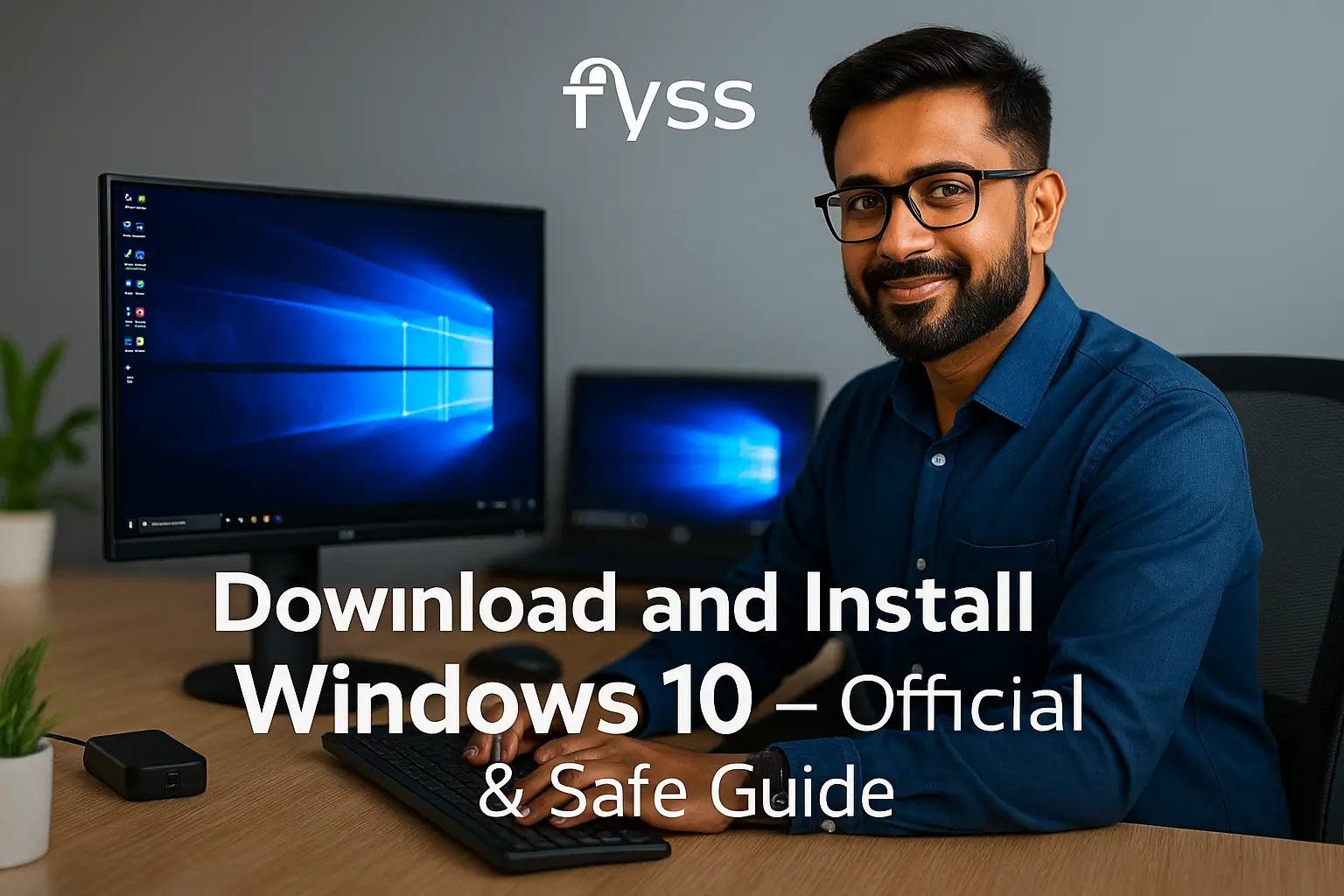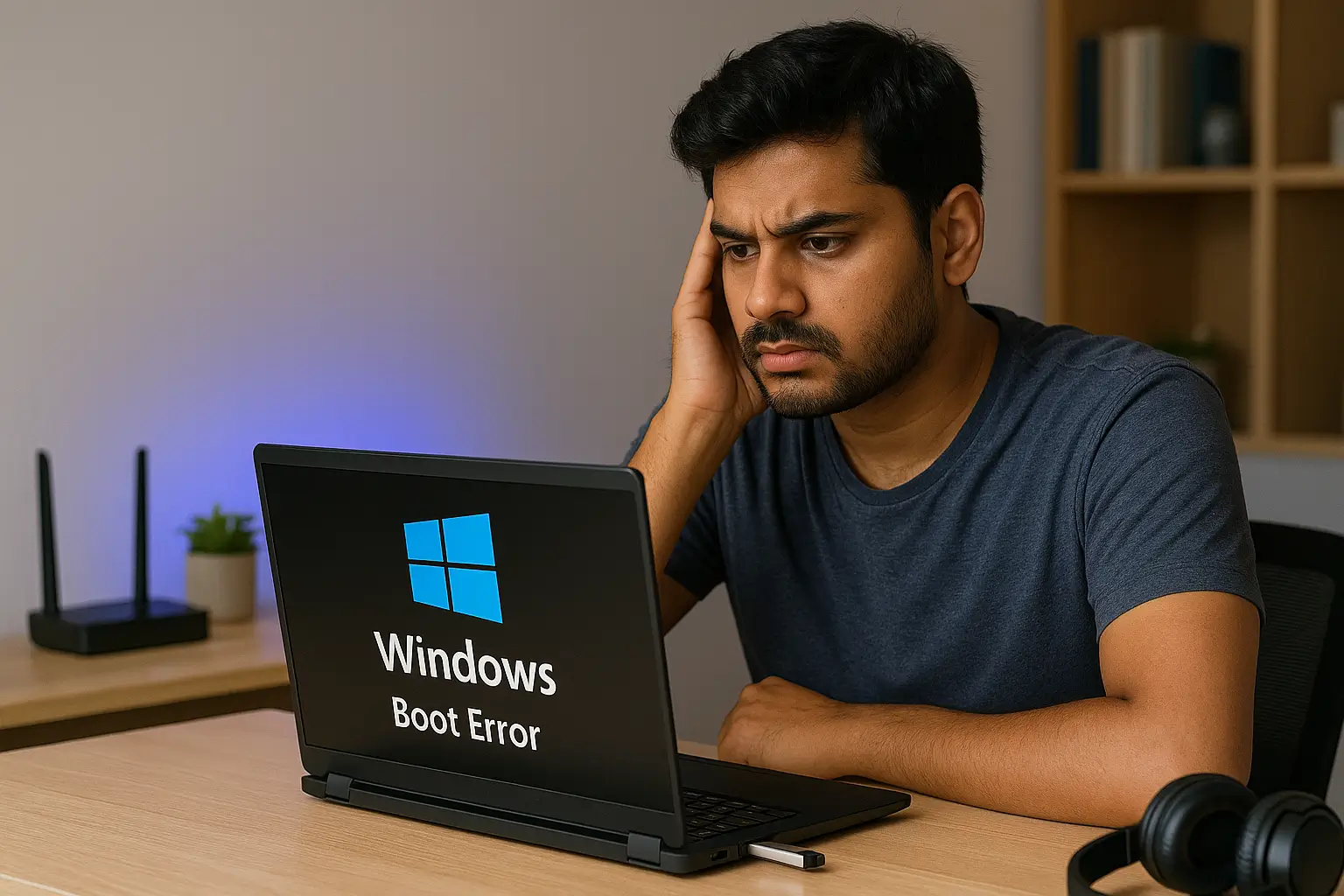Table of Contents:
Introduction
Microsoft introduced Windows 11 as the successor to Windows 10, bringing a fresh interface, improved performance, and new features. But is it worth upgrading? In this comparison, we will analyze Windows 11 vs Windows 10 to help you decide which operating system suits your needs best.
Key Differences Between Windows 11 and Windows 10
| Feature | Windows 11 | Windows 10 |
|---|---|---|
| User Interface | Modern, centered taskbar, rounded corners | Traditional, left-aligned taskbar |
| Performance | Optimized for speed, better resource management | Reliable but less optimized |
| Gaming Features | DirectStorage, Auto HDR, better game performance | Decent gaming support but lacks new enhancements |
| System Requirements | Higher hardware requirements (TPM 2.0, Secure Boot) | Supports older hardware |
| Multitasking | Snap Layouts, Virtual Desktops, enhanced productivity tools | Traditional multitasking without Snap Layouts |
| Microsoft Store | Redesigned store with Android app support | Limited app selection |
| Updates & Support | Feature updates once a year, longer support | Frequent updates, support until October 2025 |
1. User Interface & Design
Windows 11 introduces a clean and modern UI with rounded corners, a centered Start Menu, and a new taskbar design. Windows 10 retains the classic Start Menu and taskbar, making it more familiar for long-time users.
✅ Best for aesthetics: Windows 11
✅ Best for familiarity: Windows 10
2. Performance & Speed
Windows 11 is optimized for better memory management and faster processing speeds. It is designed to handle background processes more efficiently, reducing power consumption. Windows 10 remains stable but lacks the same level of optimization.
✅ Best for speed: Windows 11
✅ Best for stability: Windows 10
3. Gaming Performance
Gamers will benefit from Windows 11’s Auto HDR, DirectStorage, and better hardware support. Windows 10 supports gaming well but does not include these advanced features.
✅ Best for gaming: Windows 11
4. System Requirements & Compatibility
Windows 11 requires TPM 2.0, Secure Boot, and a newer processor, meaning older PCs cannot upgrade. Windows 10, on the other hand, supports older hardware and remains a viable option for many users.
✅ Best for older PCs: Windows 10
✅ Best for new hardware: Windows 11
5. Multitasking & Productivity
Windows 11 introduces Snap Layouts, Virtual Desktops, and better window management, improving productivity. Windows 10 allows multitasking but lacks these enhancements.
✅ Best for productivity: Windows 11
6. Updates & Support
Windows 11 receives one major update per year, while Windows 10 will receive updates only until October 2025.
✅ Best for long-term support: Windows 11
Should You Upgrade to Windows 11?
✅ Upgrade if:
- You have a compatible device
- You need better performance and gaming features
- You want a modern, optimized OS
❌ Stay on Windows 10 if:
- Your device does not meet the system requirements
- You prefer a familiar interface
- You need time before transitioning to a new OS
Final Verdict: Windows 11 vs Windows 10
| Best for | Winner |
|---|---|
| Gaming & Performance | Windows 11 |
| Older Hardware | Windows 10 |
| Modern Design & UI | Windows 11 |
| Long-Term Support | Windows 11 |
| Familiar Experience | Windows 10 |
If your PC meets the requirements, Windows 11 is the best choice for future-proofing, performance, and gaming. However, Windows 10 remains a solid option for those with older devices or who prefer a familiar interface.
Learn more about Windows 11 on Microsoft’s official site.
Frequently Asked Questions (FAQs)
1. Can I upgrade from Windows 10 to Windows 11 for free?
Yes, if your device meets the system requirements, Microsoft offers a free upgrade.
2. How do I check if my PC supports Windows 11?
Use the PC Health Check tool from Microsoft to determine compatibility.
3. Will Windows 10 stop receiving updates?
Yes, Microsoft will end support for Windows 10 on October 14, 2025.
4. Can I downgrade from Windows 11 to Windows 10?
Yes, but only within 10 days of upgrading. After that, a clean installation is required.
Conclusion
For users with modern PCs, Windows 11 offers better performance, gaming features, and UI enhancements. However, if you rely on older hardware or prefer stability, Windows 10 remains a reliable choice.
💡 Which one do you prefer – Windows 11 or Windows 10? Let us know in the comments!
Thank you for visiting our website! We hope this guide helps you achieve a smoother and faster Windows experience. Do check out our other tech tips and visit again Pc Guides for more solutions.




